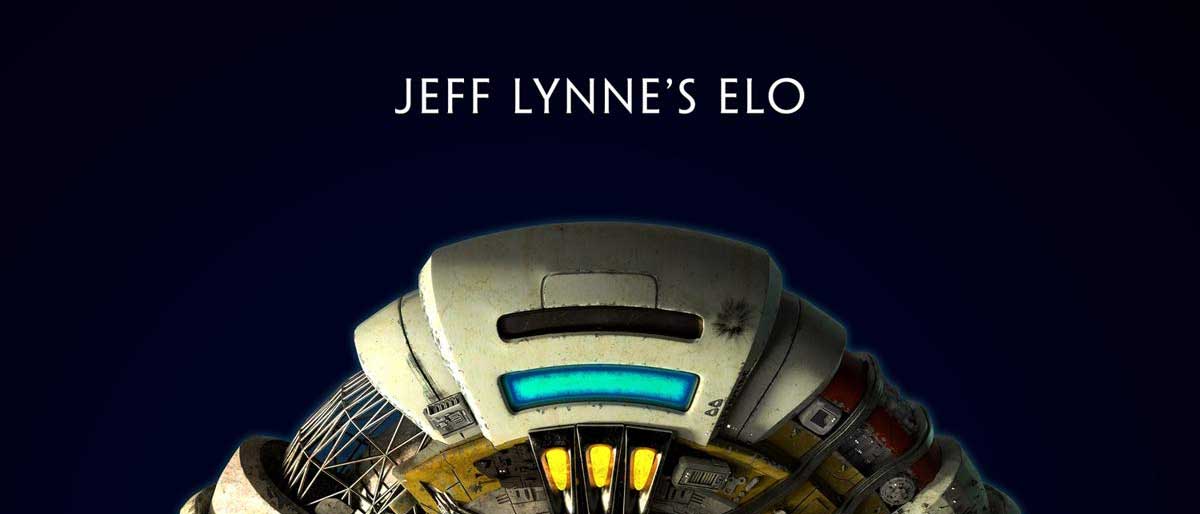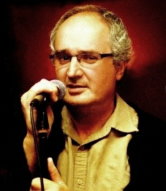Only the second album from ELO in two decades (third in more than 30 years), and right from the opening notes of starter From Out Of Nowhere it’s like Jeff Lynne has never been away.
The wistfulness, the super-saturated sound, the layered harmonies and instrumentation, the timeless echo of pasts and retro-futures colliding. The humanity, the performed frailty at the heart of manufactured perfection. Lynne still has it. He still knows how to create the magic.
Of course, there’s a spaceship on the sleeve, motionless in the night sky. Like 2015’s Alone In The Universe, Lynne plays almost every note on the album – guitars, bass, piano, drums, keyboards. He sings all the lead vocals and harmonies. He produces (of course). The only other musicians who play on it are engineer Steve Jay, who adds a little percussion, and ELO keyboard player Richard Tandy, who plays a piano solo on One More Time.
Perhaps some tracks are a little throwaway – the string-driven Sci-Fi Woman, the cleaned-up 50s swoon of Goin’ Out On Me. That’s okay, though. That was always part of the appeal of ELO back in their glory days. (You could argue the late 2010s are another period of ELO’s glory days, so triumphant has been Lynne’s return to touring.)
Help Yourself is as gorgeous and draining as Wild West Hero or Telephone Line – every note artfully designed to draw out maximum emotional response, the beat chugging away like the way ELO beats always chug away. This is some strange kind of magic, that Lynne can so seamlessly continue his vision of ELO into 2019, the chain unbroken.
These are songs worthy of the legacy. Down Came The Rain, the upbeat Time Of Our Life and One More Time rock, the way Traveling Wilburys or post-Beatles Lennon rocked. Losing You uses many of the same studio tricks used on Lynne’s co-production of The Beatles’ ’95 single Free As A Bird. But why not?
Some might decry these songs’ easy-going nature, but for millions this will serve as affirmation, reassurance that some things in life never change – and why would you want them to? Why mess with a blueprint when the blueprint resonates so strongly?
Closing track Songbird is beautiful, the way Lynne has always approached beauty: not raw, not edgy, but sumptuous, multilayered and sounding oddly vulnerable despite everything, despite the hollow heart of perfection.
‘You can never change,’ Lynne sings on Help Yourself. ‘You just keep on being you.’
Yep.

